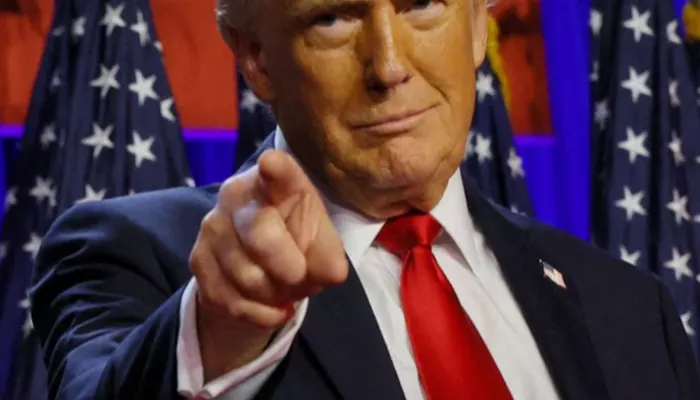Donald Trump’s return to the White House has sparked renewed focus on U.S. immigration, particularly the H-1B visa program, which many skilled Indian workers use to build careers in the U.S. Dr. Mukesh Aghi, president of the U.S.-India Strategic Partnership Forum, recently discussed the potential impact of Trump’s leadership on immigration. He noted that immigration is a key issue for Trump, who is expected to address the estimated 16 million undocumented individuals in the U.S.
Aghi suggested that Trump may support faster paths to residency for STEM graduates with advanced degrees, particularly through the H-1B visa. This could mean quicker residency for skilled professionals with master’s and PhD degrees in fields like science and technology. He also hinted that future policies might allow more H-1B visa holders to directly qualify for green cards.
Since Trump’s election, there has been much debate about his immigration stance. Tesla CEO Elon Musk expressed support for Trump, saying he would address the green card issues faced by skilled professionals. Abhijit Zaveri, founder of Career Mosaic, pointed out that Trump has previously signaled support for an easier green card process for F1 student visa holders, potentially easing immigration for highly skilled graduates.
The H-1B visa program allows U.S. employers to hire foreign workers in specialized fields where there is a shortage of qualified American candidates. Each year, the government issues 65,000 new H-1B visas, with an additional 20,000 reserved for those with U.S. master’s degrees. Workers at educational institutions and research organizations are exempt from this cap. Indian nationals make up the largest group of H-1B visa holders, with 72.3% of all approvals in 2023, according to U.S. Citizenship and Immigration Services (USCIS). Most of these visas go to tech professionals.
During Trump’s first term, the H-1B program came under scrutiny, with concerns that it hurt American workers. Trump’s administration pushed for higher wage requirements for H-1B visa holders, which made it harder for many foreign tech workers, especially from India, to obtain the visa. Experts worry that Trump’s re-election could lead to even stricter rules for H-1B visas, potentially affecting Indian tech professionals.
For many Indians, obtaining a U.S. green card is a key goal, offering permanent work rights, career stability, and better opportunities for their children. Green card holders are also in a stronger position to advance in high-demand fields like technology and healthcare. The path to citizenship is another significant draw, offering voting rights and the ability to sponsor family members. However, there is a significant backlog in green card applications, with over a million Indians waiting for approval. The annual cap for employment-based green cards is just 140,000, leading to wait times of up to 50 years for some applicants.
Related topics:
- Migrant Rights Advocates Sound the Alarm Over Trump’s Appointments
- Trump Is Filling His White House with Hardline Immigration Advocates
- Ramaswamy Urges Unity, Stands by Trump’s Immigration Plan


